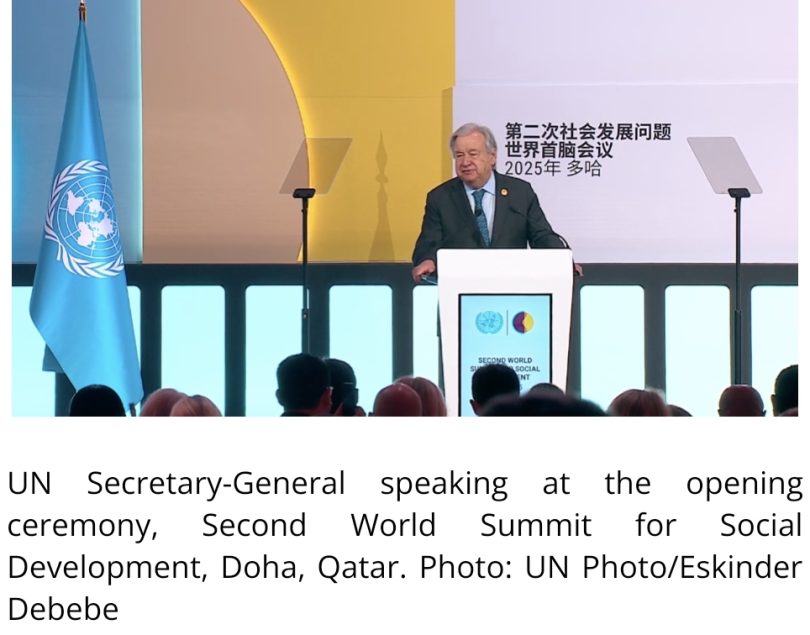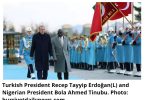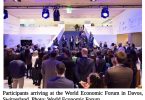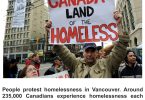Thirty years after the landmark 1995 World Summit for Social Development in Copenhagen, the global community gathered in Doha, Qatar, from 4 to 6 November 2025, for a pivotal Second World Summit.
Convened by the United Nations General Assembly, the summit sought to address a world marked by deepening inequalities, rapid technological transformation, and persistent gaps in social progress.
The summit, held at the Qatar National Convention Centre, was framed as an urgent call to action. Its primary goal was to reaffirm and accelerate action on the 10 Commitments of the 1995 Copenhagen Declaration, focusing on poverty eradication, full employment, and social inclusion, and to inject new momentum into the 2030 Agenda for Sustainable Development.
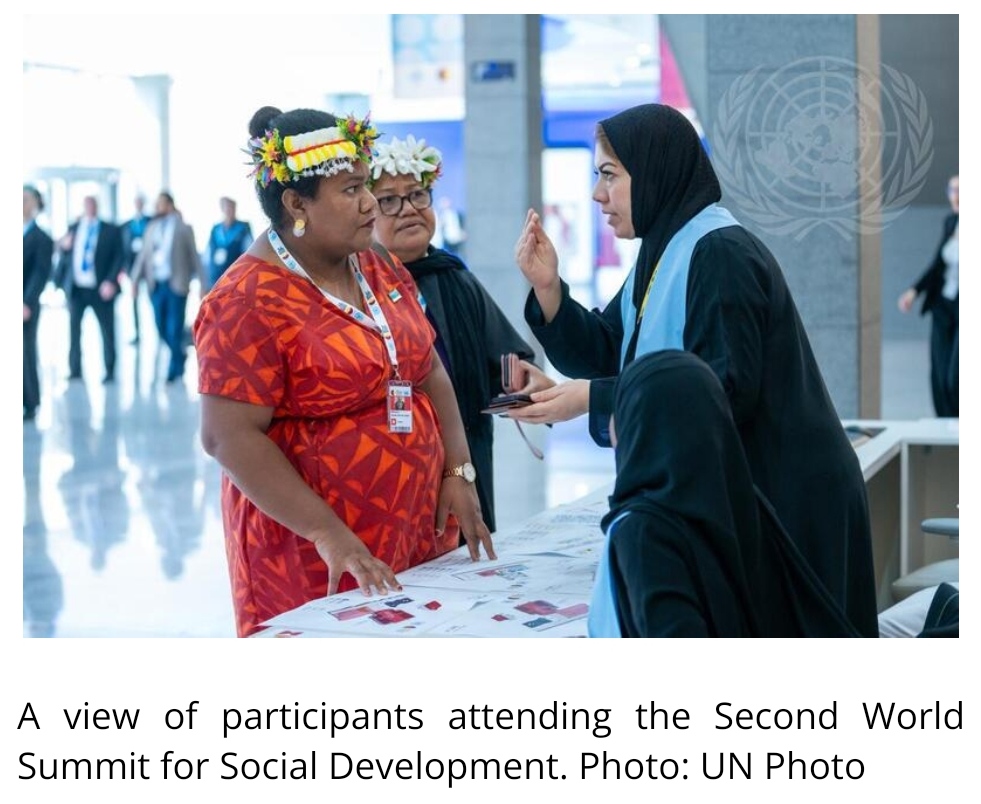
Following a day of pre-summit events on November 3, the summit officially commenced, bringing together world leaders, international organizations, civil society, and the private sector to redefine strategies for a more resilient, inclusive, and sustainable world.
Day 1: Remittances, Rights, and Regional Strategies (Nov 4)
The first official day of the summit saw high-level discussions focusing on specific drivers of development and the mechanisms for implementing policy.
A key side event, ‘Unlocking the Potential of Remittances and Diaspora Contributions for Social Development in Africa’, highlighted the massive, often-overlooked financial power of migration. Organized by the UN Economic Commission for Africa (ECA) in partnership with the governments of Ghana and Tunisia, the event featured opening remarks from Hanan Morsy, ECA’s Chief Economist and Deputy Executive Secretary.
Morsy revealed staggering figures: remittance inflows to Africa surged from $53 billion in 2010 to $100 billion in 2024, contributing 5.1% of the continent’s GDP. This flow now surpasses both official development assistance (ODA) and foreign direct investment (FDI), making it one of Africa’s most stable sources of external finance. The discussion, which included Ghana’s Minister for Gender, Children and Social Protection, Hon. Agnes Naa Momo Lartey, centered on integrating these contributions into national strategies to alleviate poverty and promote social inclusion.
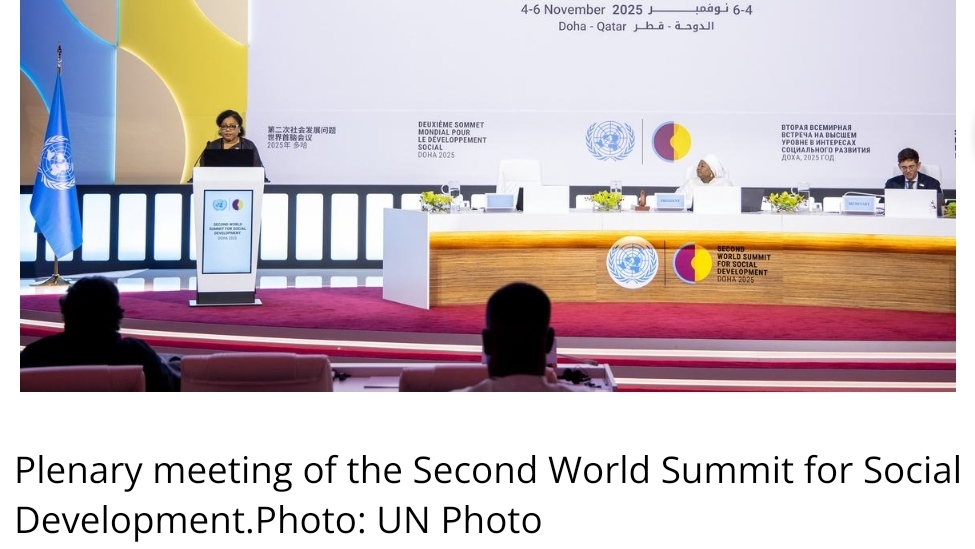
Simultaneously, High-level Round Table 1 addressed “Strengthening the three pillars of social development.” Speaking on behalf of the UN’s regional commissions, Alberto Arenas de Mesa, Director of ECLAC’s Social Development Division, tabled a crucial proposal: that the five UN regional commissions (ECA, ECLAC, UNECE, ESCAP, and ESCWA) must play a central role in the implementation and follow-up of the summit’s outcomes.
This proposal was backed by a strong regional mandate. On September 4, 2025, the Regional Conference on Social Development in Latin America and the Caribbean, held in Brasilia, had already tasked ECLAC with preparing a regional strategy to implement the forthcoming Doha agreements.
Day 2: Mobilising Resources and Defining Commitments (Nov 5)
The second day pivoted to one of the most significant barriers to social progress: financing.
At the Private Sector Forum, the President of the UN General Assembly, H.E. Ms Annalena Baerbock, delivered a stark message to business leaders. “Let’s talk numbers,” she began, identifying the $4 trillion annual financing gap for the Sustainable Development Goals (SDGs).
“It is crystal clear that public financing alone cannot close the SDG gap,” Baerbock stated, arguing that mobilizing private capital is essential. She framed this not as charity, but as a direct business interest, citing compelling evidence:
Companies with strong Environmental, Social and Governance (ESG) performance report operating margins 10% higher and a cost of capital 20% lower.
Inclusive business models could unlock an estimated $12 trillion in market opportunities and create 380 million jobs by 2030.
She pointed to the vast, untapped potential for renewable energy investment in Africa as a prime example, urging the private sector to help “dismantle the barriers holding back capital flows” by building an enabling environment based on trust and common financial frameworks.
On the same day, Mr. Junhua Li, UN Under-Secretary-General for Economic and Social Affairs and Secretary-General of the Summit, held a press briefing. He announced that the Doha Political Declaration had been agreed upon, describing it as a “collective pledge to strengthen multilateralism and accelerate social development, leaving no one behind.” He confirmed the declaration would not only reinforce the 1995 Copenhagen commitments but also establish new commitments to tackle urgent modern challenges, including digital transformation, artificial intelligence, and climate change.
Day 3: Adoption of the Doha Declaration and the Path Forward (Nov 6)
The final day of the summit culminated in the formal adoption of the Doha Political Declaration, signaling a renewed global consensus.
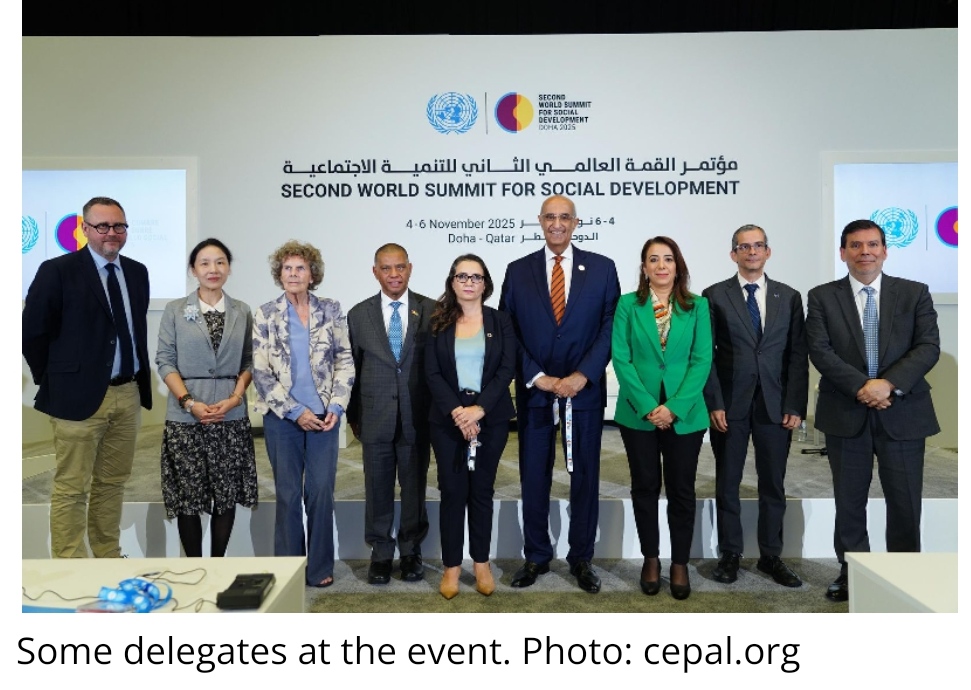
UN Secretary-General António Guterres lauded the declaration as a “booster shot for development” and “a people’s plan.” He stressed that “true development isn’t about prosperity for the few… It’s about opportunities for the many, grounded in social justice, full employment, and human dignity.”
The declaration itself strengthens action on the core pillars of poverty eradication, decent work, and social inclusion. Critically, it expands the 1995 commitments to meet today’s complex challenges, calling for universal social protection, equitable access to health and education, and new strategies to counter misinformation and hate speech. It also firmly embeds the importance of a safe digital transformation and the meaningful engagement of youth, older persons, and persons with disabilities.
A New Mandate for Sport
Embedded within the summit’s outcomes, UN Member States also adopted a specific declaration to deepen the contribution of sport to sustainable development. The International Olympic Committee (IOC) actively supported the measure. In a video message, IOC President Kirsty Coventry urged governments to turn recognition into investment, highlighting research showing that “every dollar invested in sport-based programmes can return five to six dollars’ worth of social value.” The IOC’s Olympism365 strategy was presented as a key tool for advancing these goals.
National Realities and Regional Follow-up
The final day’s sessions grounded the high-level declaration in national realities.
- Brazil emphasized that “hunger is a political choice,” citing its recent programs that have lifted 24.4 million people out of hunger and 7.6 million out of poverty since 2023.
- South Africa reported expanding social protection to nearly 44% of its population but noted persistent challenges with youth unemployment.
- Angola highlighted a cash-transfer program supporting 1.7 million vulnerable families.
- The representative for Palestine, joined by Lebanon and Iran, delivered a sombre intervention, stating that conflict and occupation are eroding all foundations of social progress and that “sustainable peace begins with social justice and dignity for all Palestinians.”
The UN’s regional commissions reconvened to formalize their role. Alberto Arenas de Mesa (ECLAC) re-emphasized the proposal for the commissions to lead the follow-up, presenting a report from the region that proposed a “global pact for inclusive social development.”
In a closing keynote, UN Deputy Secretary-General Amina Mohammed warned against complacency, stating that incremental change is not enough. “Real progress only happens when we move forward together, across all fronts.”
A Framework for Action: Progress vs. Persistent Gaps
Beyond the declaration, the summit launched the Doha Solutions Platform for Social Development, a mechanism championed by PGA Annalena Baerbock for “turning commitment into concrete solutions.” By the summit’s start, nearly 150 new initiatives from governments and stakeholders had been registered on the platform.
This drive for solutions was set against a stark statistical backdrop:
- The Progress: Since 1995, nearly 1.5 billion people have escaped extreme poverty. Working poverty has plummeted from 27.9% in 2000 to 6.9% in 2024, and child labor has been cut by more than half.
- The Gaps: Progress remains fragile. As of 2023, 808 million people remain in extreme poverty, and 1.1 billion live in multidimensional poverty. A global housing crisis affects 3 billion people who lack adequate housing (with 300 million unhoused), and one-third of the world’s population is food insecure.
The Council of Europe, reflecting on the summit’s outcome, noted that its own advocacy for youth empowerment—a theme it championed at the UN Summit of the Future in September—was clearly reflected in the Doha Declaration. The journey, it stated, will continue at a High-Level Conference on Social Rights in Chisinau in March 2026, where nations will take stock of the progress made on these new commitments.


